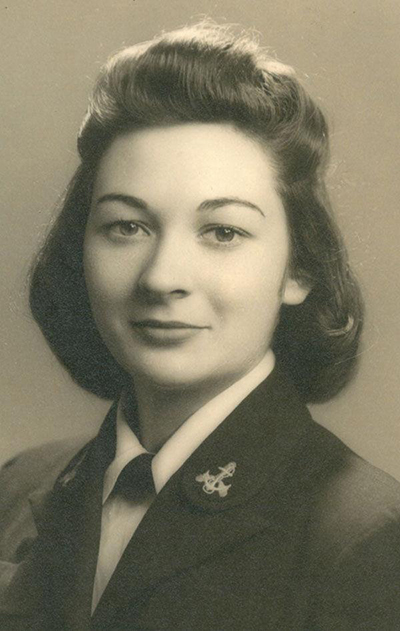Create Your Legacy with a Planned Gift
Supporting Exceptional Hospice Care
Every year, sometimes twice a year, Martha Chestem was able to create her legacy through her contributions to Gilchrist. For over 14 years, she supported exceptional hospice care in the community she lived in and loved. And when she passed away, her giving continued.
Martha had established a bequest, benefiting Gilchrist through her will, that ensured she would make a meaningful and lasting charitable impact for years to come. Her memory and generosity live on.
How a bequest works

A bequest enables philanthropic individuals to make larger gifts to charitable organizations than they could make from ordinary income. Some provide life-long income to the donor. Other bequests use estate and tax planning to provide for charity and heirs in ways that maximize the gift or minimize any impact on the donor’s estate.
Thus, by definition, a bequest is any major gift made in lifetime or at death as part of a donor’s overall financial or estate planning. These include gifts of equity, life insurance, real estate, personal property or cash.
A bequest is one of the easiest gifts to make. With the help of an attorney, you can include language, which Gilchrist can provide, in your will or trust specifying a gift to be made to Gilchrist as part of your estate plan. You can also designate Gilchrist as a full, partial or contingent beneficiary of your retirement account (IRA, 401(k), 403(b) or pension).
A bequest may be made in several ways
- Percentage bequest – make a gift of a percentage of your estate
- Specific bequest – make a gift of a specific dollar amount or a specific asset
- Residual bequest – make a gift from the balance or residue of your estate
What are the tax benefits of a bequest?
- Donors can contribute appreciated property, such as securities or real estate, receive a charitable deduction for the full market value of the asset, and pay no capital gains tax on the transfer.
- Donors who establish a life-income gift receive a tax deduction for the full, fair market value of the assets contributed, minus the present value of the income interest retained. If they fund their gift with appreciated property, they pay no upfront capital gains tax on the transfer.
- Gifts payable to charity upon the donor’s death, such as a bequest or a beneficiary designation in a life insurance policy or retirement account, do not generate a lifetime income tax deduction for the donor, but they are exempt from estate tax.
If you have any questions about leaving a bequest to us, please contact Jamie Lynch at jlynch@gilchristcares.org or 443.849.8241. She would be happy to assist you. If you have been so generous as to include a bequest to Gilchrist as part of your estate plan, please take the time to let us know. We would like to help you create your legacy and recognize you and your family for your generosity in our Gilchrist Legacy Society.
To learn more about giving to Gilchrist, visit gilchristcares.org/give.


